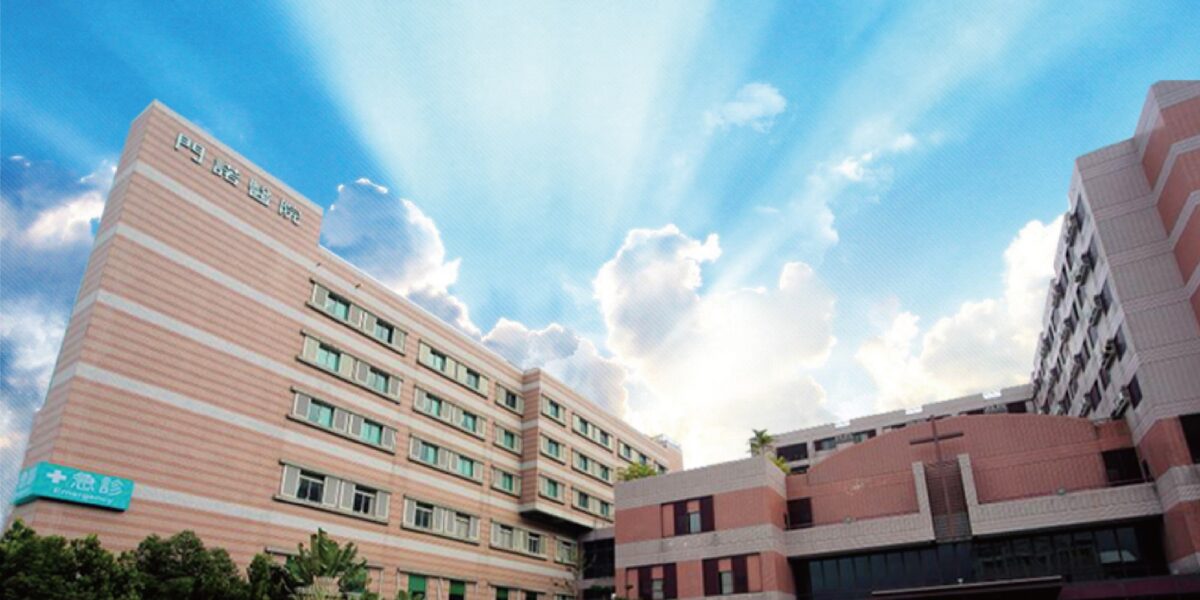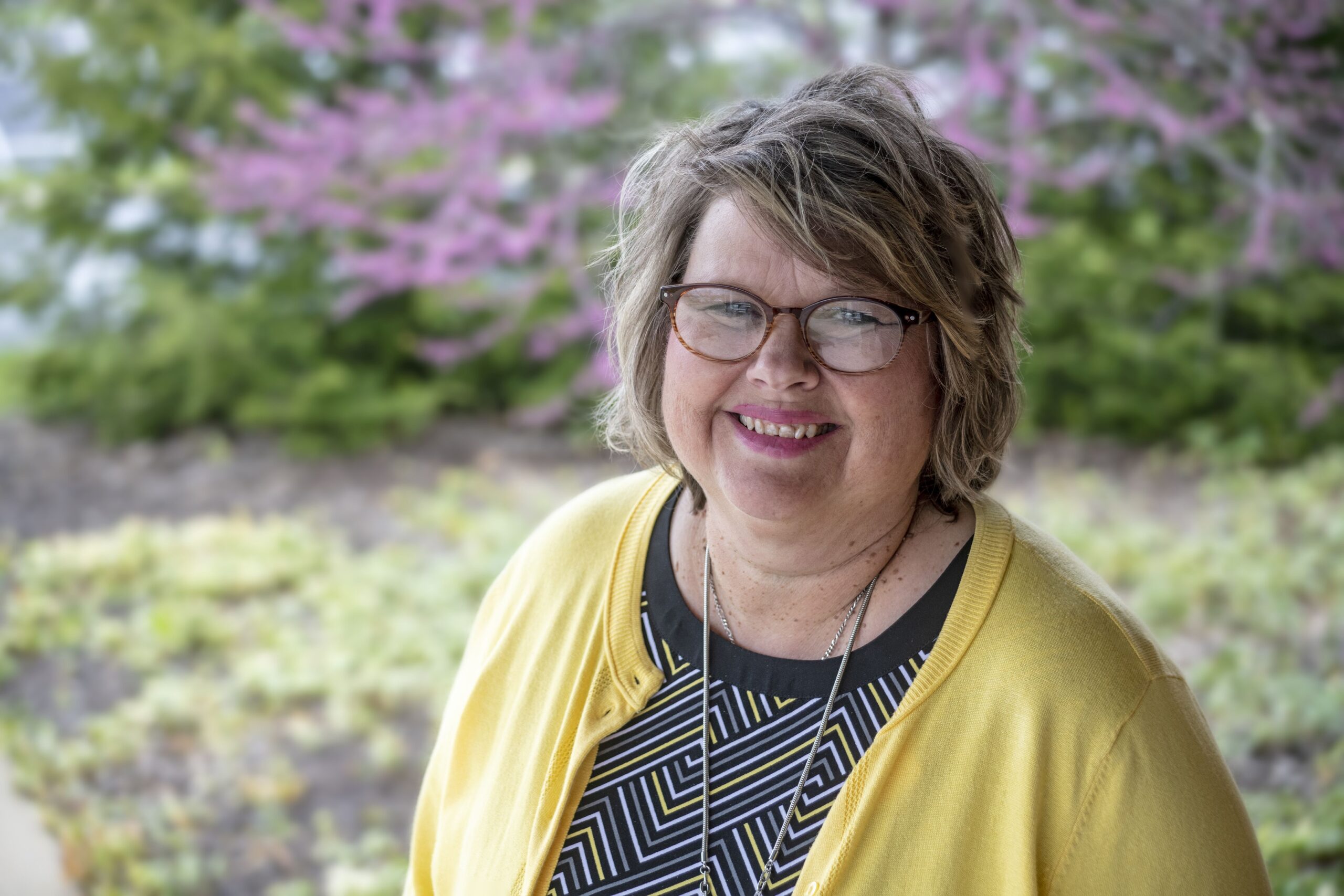What began as a movement in the mid-1950s to provide Mennonite medical care in Taiwan is growing beyond its founding cornerstone, even as the bedrock of Christ’s love remains the same.
The late
Dr. Roland P. Brown, while serving with Commission on Overseas Mission (COM), a predecessor agency of Mennonite Mission Network, helped launch a medical ministry that sent mobile medical clinics into Indigenous communities in the Taiwanese countryside and established the
Mennonite Christian Hospital (MCH) in Hualien on the eastern coast of the country in 1954. MCH, a Mission Network partner, was initially run by Dr. Brown and North American mission workers.
What was built as a basic 35-bed hospital has grown into the largest Mennonite hospital in the world with over 500 beds, cutting-edge technologies, and over 1,000 staff members serving on multiple campuses. It is now led by Taiwanese healthcare professionals.

Dr. Roland P. Brown’s memoir,
Healing Hands: Four Decades of Relief and Mission in Taiwan, chronicles both the difficulties and rewards of building and expanding Mennonite Christian Hospital into a large, modern, state-of-the-art regional teaching hospital of renown. Dr. Jacob Chang presented a copy of the book for Mission Network archives. Photo by Andi Santoso.
In late January, members of an MCH delegation shared highlights of MCH’s 75-year journey when they visited Mission Network offices in Elkhart, Indiana, during a presentation. Mennonite Christian Hospital CEO Dr. Jacob Chang gave updates on new patient ministries, construction projects and technological advances.
Amid all this growth, most important for Chang, he said, is carrying on Dr. Brown’s commitment to building MCH’s foundation on the bedrock of Christ.
“Dr. Brown taught us that the important priority is to build up people with Christ’s heart,” Chang said. “At the same time we are constructing new buildings and services, we are also wanting to construct our spiritual lives.”
The spiritual facet of MCH is also expanding. Many staff members are joining small prayer-sharing groups that meet around the clock throughout MCH’s network. In a video shown during Dr. Chang’s presentation, hospital staff members shared testimonies.
“We take turns praying from morning to night and I see the work of the Holy Spirit being pioneered here,” one staff member said.
Another staff member said the prayer groups help them connect with other employees as they share personal experiences. “The group is where I can hand over my anxieties and worries to God. It is where the Lord Jesus can help me resolve my troubles.”
Chang added, “Through these groups, we are following in the steps of the earlier missionaries who spread the gospel among our local tribes through medical evangelism. Our workplace ‘church’ is helping to build upon and pass on those earlier efforts.”
In the past, MCH focused on providing public health for villagers in Indigenous tribes by assisting them with acute medical care. Today, MCH is more focused on Taiwan’s aging population. To serve these patients, MCH is establishing the Jian long-term care community. It will provide day-care and in-home dementia medical services, training for long-term care professionals, and integration of other long-term care-related resources.
On the brick-and-mortar side of things, MCH has renovated a hotel as a dormitory, as an incentive for hiring healthcare workers, and is constructing a new health management building to better serve the aging population. To help employees’ families, it is building a child-care center. MCH is also reinforcing older buildings to meet earthquake safety codes and is building a smart parking garage.
One purpose of MCH’s visit to Mission Network was to reconnect with North American churches and to retell the story of how God was working in the past through missionaries like Dr. Brown, and is now calling to current generations, extending the invitation to continue the journey together toward the future.

On January 25, Mennonite Christian Hospital CEO Dr. Jacob Chang presented gifts to Mission Network Executive Director Marisa Smucker following Dr. Chang’s updates on Mennonite Christian Hospital’s new patient ministries, construction projects and technological advances. Photo by Naun Cerrato.
As a symbol of this reconnection, Mission Network
Executive Director Marisa Smucker presented a lamp to Dr. Chang as a symbol of hope of peace. Dr. Chang presented Dr. Roland Brown’s autobiography
Healing Hands: Four Decades of Relief and Mission in Taiwan and other gifts to share the hospital’s joy and gratitude for the long history of partnership in this collaboration.
“I feel joy in hearing about how MCH continues to share the Gospel in holistic ways through medical ministries,” said
Andi Santoso, Mission Network regional director for Asia and the Middle East. “All of us can feel how the spirit of sharing Jesus’ healing with those in need, as exemplified by Roland Brown, continues today through new generations.”
Sheldon Sawatzky served with the General Conference Mennonite Church Board of Christian Service in Taiwan for his alternative service from 1965-68. His wife, Marietta, taught missionary children at Hualien Christian School. They later served in other capacities in Taiwan and throughout Asia for COM and Mennonite Board of Missions, both predecessor agencies of Mission Network, as well as for Mission Network.
“The missionary seeds that were planted have continued to grow and take root in Taiwanese soil under the leadership of members of the Fellowship of Mennonite Churches in Taiwan,” he said. First established through COM, the fellowship now has 22 congregations.
One of its congregations is the Meilun Mennonite Church, where Harold and Katherine Lu were part of its Sunday school and youth group programs in the 1960s. Harold Lu later became Brown’s assistant at MCH. Eventually, he was asked to help the 200-bed Taitung Christian Hospital, within the MCH network, to renew its ministries after a period of struggle, and he serves there as CEO today.
The latest seed to be sown in the MCH-Mission Network partnership is a newly developing exchange program between young adults in North America and Taiwan. Details of that exchange program will be forthcoming, said Santoso, who will visit MCH in March.








